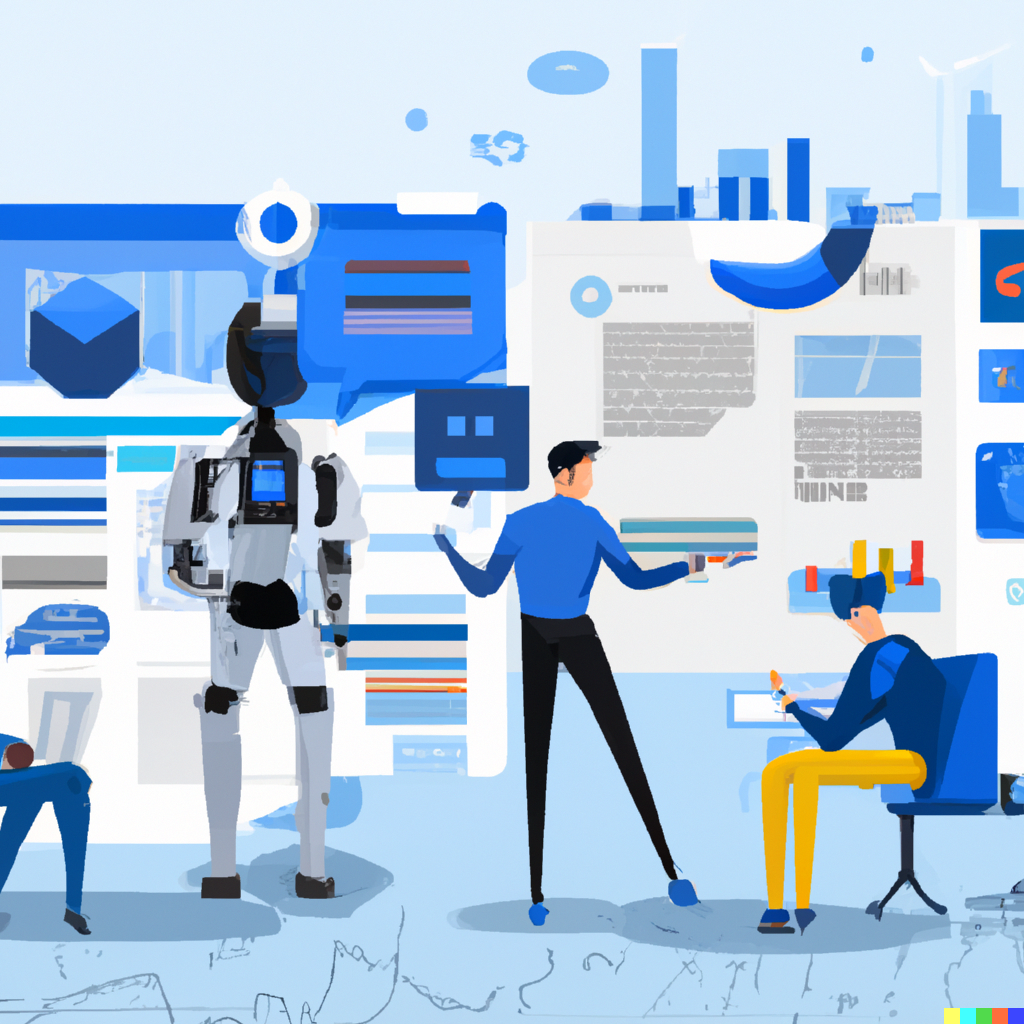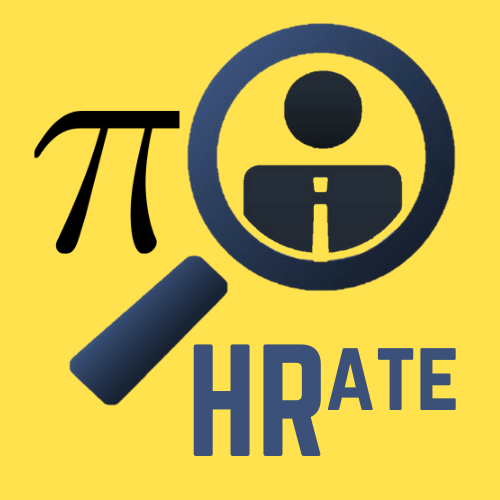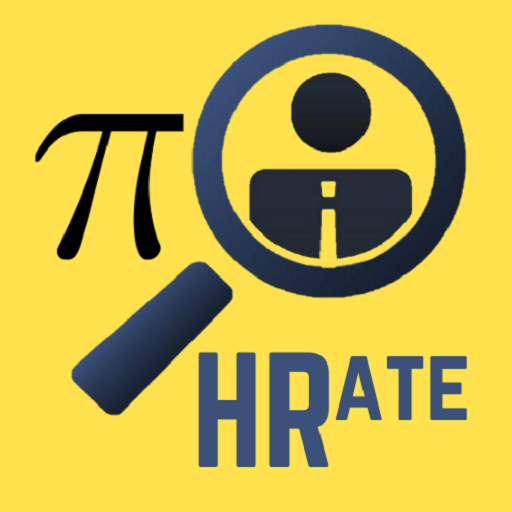Effective Skill Assessment: Harnessing ChatGPT’s Power in Talent Evaluation

In an era where technological advancements intersect with the intricacies of talent acquisition, the emergence of ChatGPT has reshaped the landscape of skill assessment. This article explores the innovative ways in which ChatGPT can be leveraged to enhance and streamline skill assessment processes, providing recruiters with a powerful tool to identify top-tier talent.
Understanding ChatGPT’s Role in Skill Assessment: ChatGPT, a state-of-the-art language model developed by OpenAI, demonstrates remarkable proficiency in natural language understanding and generation. Its ability to interpret context, generate human-like responses, and adapt to various conversational styles positions it as an invaluable ally in the realm of skill assessment.
- Tailored Interview Questions: ChatGPT can assist recruiters in generating tailored interview questions that align with the specific skills and competencies required for a role. By providing detailed, role-specific questions, ChatGPT ensures that candidates are assessed on the skills most relevant to the position.
Example: Recruiters can ask ChatGPT to generate technical questions for a software engineer interview, ensuring that candidates’ proficiency in programming languages and problem-solving is thoroughly examined. - Automated Initial Screening: Use ChatGPT to automate the initial screening process by generating questions that assess baseline qualifications. This allows recruiters to efficiently evaluate a large pool of candidates and identify those who meet the fundamental skill requirements.
Example: Recruiters can ask ChatGPT to create a set of questions to assess candidates’ foundational knowledge in areas such as programming languages, project management, or data analysis. - Soft Skills Evaluation: ChatGPT excels in understanding and generating human-like text, making it a valuable resource for assessing candidates’ soft skills. Recruiters can use ChatGPT to create scenarios or role-playing exercises that gauge communication, teamwork, and problem-solving abilities.
Example: Recruiters can request ChatGPT to simulate a customer interaction scenario, evaluating candidates on their ability to handle inquiries, demonstrate empathy, and communicate effectively. - Standardizing Assessment Processes: ChatGPT helps standardize the assessment process by generating consistent and unbiased questions for all candidates. This ensures a fair and uniform evaluation, minimizing potential biases in the questioning approach.Example: Recruiters can ask ChatGPT to create a standardized set of questions for a specific role, promoting fairness and objectivity in the evaluation of candidates.
Skill assessment involves evaluating a candidate’s proficiency in specific skills relevant to a job role. ChatGPT can assist in generating ideas for skill assessment methods and questions. Here are examples of skill assessment for different roles:
- Software Developer/Engineer:
- Example Question: “Can you describe a challenging coding problem you encountered and how you approached solving it? Please walk us through your thought process and the solution you implemented.”
- Data Scientist:
- Example Task: “Given a dataset containing customer transactions, please outline the steps you would take to analyze the data, identify patterns, and derive meaningful insights. Mention the tools and programming languages you would use.”
- Marketing Manager:
- Example Question: “Develop a sample marketing campaign for a new product launch. Outline the key strategies, channels, and metrics you would consider. How would you ensure the campaign aligns with the target audience?”
- Customer Service Representative:
- Example Scenario: “You receive a complaint from a customer about a delayed shipment. How would you handle this situation? Provide step-by-step actions you would take to address the customer’s concern and ensure satisfaction.”
- Project Manager:
- Example Task: “Imagine you are leading a cross-functional team on a tight deadline. How would you prioritize tasks, allocate resources, and ensure effective communication among team members? Provide a detailed plan.”
- Graphic Designer:
- Example Assignment: “Create a visual design for a social media post promoting our latest product. Consider the color scheme, imagery, and overall aesthetic. Explain the design choices you made.”
- Financial Analyst:
- Example Task: “Given a set of financial statements, perform a detailed analysis to assess the company’s financial health. Identify key performance indicators and provide recommendations for improvement.”
- HR Specialist:
- Example Question: “How would you approach handling a workplace conflict between two team members? Describe the steps you would take to mediate the situation and facilitate a resolution.”
- Sales Representative:
- Example Scenario: “You’re tasked with selling a new software product to a skeptical client. How would you approach the sales pitch, address objections, and highlight the product’s unique value propositions?”
- Network Administrator:
- Example Question: “Explain the process of troubleshooting a network connectivity issue. Outline the steps you would take to identify the problem and implement a solution.”
These examples illustrate how skill assessment tasks and questions can be tailored to specific roles, ensuring that candidates are evaluated on their practical abilities and experiences relevant to the job.
Skill assessment stands as a linchpin in the recruitment process, guiding organizations toward candidates who not only meet the prerequisites on paper but possess the practical abilities to thrive in their roles. As recruiters continue to refine and innovate their skill assessment strategies, the journey toward assembling high-performing teams becomes not just a process but an art form — an art that empowers organizations to unlock their full potential through the talents of their workforce. Mastering the art of skill assessment is, indeed, a key to unlocking sustained success in the dynamic world of talent acquisition.
The integration of ChatGPT into skill assessment processes heralds a new era in talent acquisition. By harnessing the language model’s capabilities, recruiters can not only streamline and standardize assessments but also delve deeper into the nuances of candidates’ skills and competencies. As organizations strive to assemble high-performing teams, the innovative use of ChatGPT in skill assessment emerges as a game-changer, offering a potent blend of technology and human expertise to identify and secure top talent.



